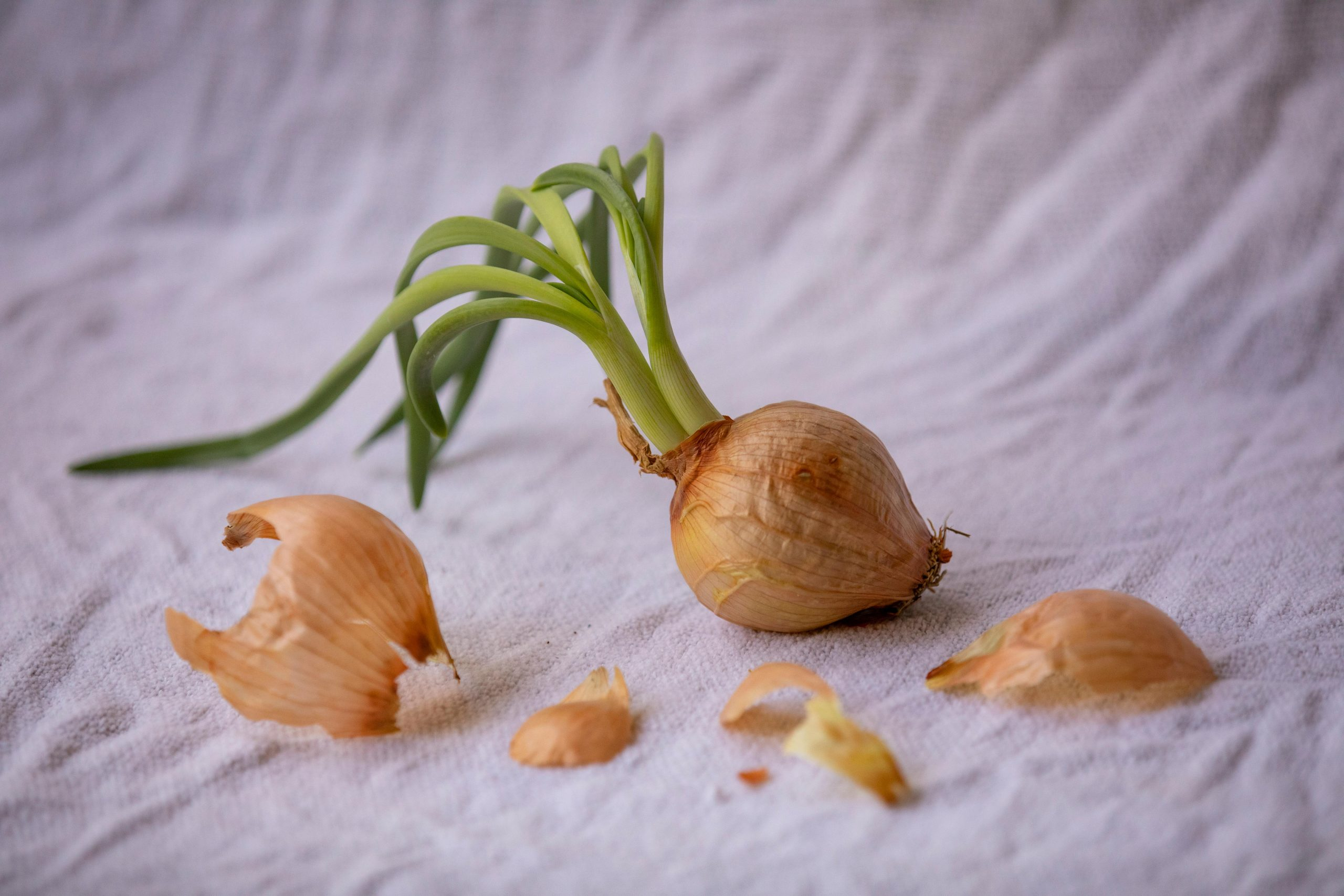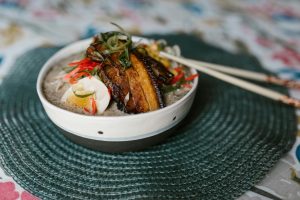Plant-Based and Vegan Fabrics: The Rise of Mushroom and Pineapple Leather
Welcome to the world of sustainable and eco-friendly fashion where plant-based and vegan fabrics are taking the industry by storm. With the rise of conscious consumerism, there has been a significant shift in the fashion industry towards sustainable and cruelty-free materials. One such trend that has been gaining immense popularity is the use of mushroom and pineapple leather as vegan alternatives to traditional leather. In this article, we will dive into the details of these two innovative materials and their potential to revolutionize the fashion industry.
Exploring Mushroom Leather
Mushroom leather, also known as Mycelium leather, is a relatively new vegan material that is made from the root system of mushrooms called mycelium. The material is created by growing the mycelium cells in a controlled environment, which results in a strong and durable fabric that closely resembles traditional leather in terms of texture and appearance. Unlike animal leather, mushroom leather is cruelty-free and does not involve the slaughter of animals, making it a perfect alternative for ethical fashion enthusiasts.
The Sustainable Aspect
One of the significant benefits of mushroom leather is its sustainability. The fabric is made from agricultural waste and does not require extensive land or water resources for its production, making it a more eco-friendly option compared to traditional leather. Furthermore, the production process does not involve the use of harmful chemicals, making it a more sustainable and non-toxic alternative. The use of mushroom leather reduces the environmental impact of the fashion industry, making it a significant step towards a more sustainable future.
The Versatility and Durability
Mushroom leather is a versatile material that can be used for a wide range of products, including clothing, footwear, and accessories. With its durable and waterproof qualities, it is perfect for creating high-quality and long-lasting products. The material is also breathable, lightweight, and flexible, making it a comfortable and practical choice for fashion designers and consumers alike.
Introducing Pineapple Leather
Pineapple leather, also known as Piñatex, is another popular vegan alternative to traditional leather. This sustainable fabric is made from the leaves of the pineapple plant, which are usually discarded after harvesting the fruit. The leaves are processed into a non-woven textile that closely resembles animal leather in terms of appearance and texture.
The Ethical and Environmental Benefits
By using pineapple leather, we are not only providing an ethical alternative to animal leather, but we are also reducing the environmental impact of the fashion industry. The production process of this fabric requires minimum resources and does not involve animal cruelty or the use of harmful chemicals. Furthermore, the use of pineapple leather promotes sustainable practices in the fashion industry by utilizing waste materials and reducing the carbon footprint.
The Fashion Forward Aspect
Pineapple leather is a stylish and fashionable choice for those looking to make more sustainable fashion choices. The material can be dyed, printed, and embossed, making it suitable for a variety of designs and styles. The natural texture and variations in the fabric give each product a unique and one-of-a-kind look, which is highly appreciated by consumers who value individuality and creativity.
The Future of Plant-Based and Vegan Fabrics
The rise of mushroom and pineapple leather in the fashion industry is a clear indication of the shift towards more conscious and sustainable fashion choices. The demand for vegan and cruelty-free materials is only expected to increase in the coming years, and these innovative plant-based fabrics are sure to play a significant role in the fashion industry. With advancements in technology and production techniques, these materials have the potential to replace traditional leather entirely and pave the way for a more sustainable and ethical fashion industry.
In conclusion, the use of mushroom and pineapple leather is a promising step towards a more sustainable and cruelty-free fashion industry. These innovative materials not only offer significant environmental benefits, but also provide versatile and stylish options for fashion designers and consumers. With the increasing awareness about conscious consumerism, the future looks bright for plant-based and vegan fabrics, and their potential to transform the fashion industry for the better.









